Community, communication, communion.
The words resonate as clearly as the three refuges. As the way my heart wishes to abide. In what is common among us. For it is common that these words share as a root. And we have way more in common than in difference. We just happen to focus on difference—as humans, as a society, as modern people. It is our difference, our uniqueness that gets us the job, that makes us loveable. In zazen we turn the light around. Instead of scrutinizing, analyzing, judging ourselves and the world—we look back at our fundamental sameness before differentiation.
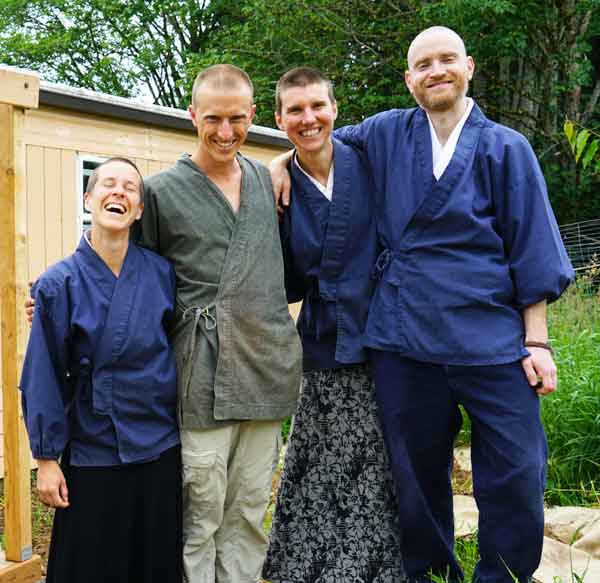
If sameness is the valence from which we view difference, what then? How do we relate to our problems? To interpersonal disagreements, agendas, opinions? To others?
What if difference were the valence? If we see through the eyes of separation, is it possible to communicate? To restore relationships? To commune?
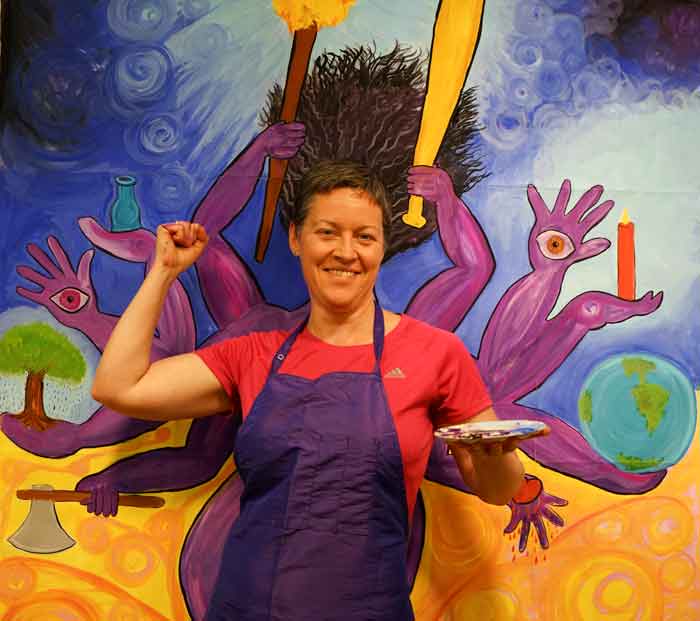
As spiritual aspirants we rest in both worlds, navigating the territory of sameness and difference, honing our skillfulness as we respond to the complexities of our lives, relationships and world. How do we continue to open to the spacious freedom of the present moment, in the midst of difficulty?
In zazen we practice discovering the anchor of presence, within ourselves. Through feeling the breath, our feet on Earth, the sensations in our hands, listening to sounds, or the countless other methods that open attention to direct present moment experience.
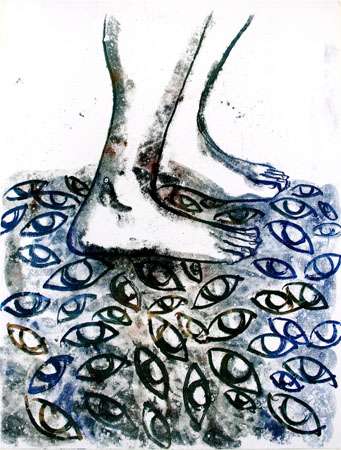
It is crucial to bring the awareness opened in zazen/meditation to our lives, our relationships, our work.
I want to dance my life. – Paulus Berensohn
I want to discover the same ease and flow in life that I may have discovered in meditation, or during periods of meditation. How can this expand to all of my activities?
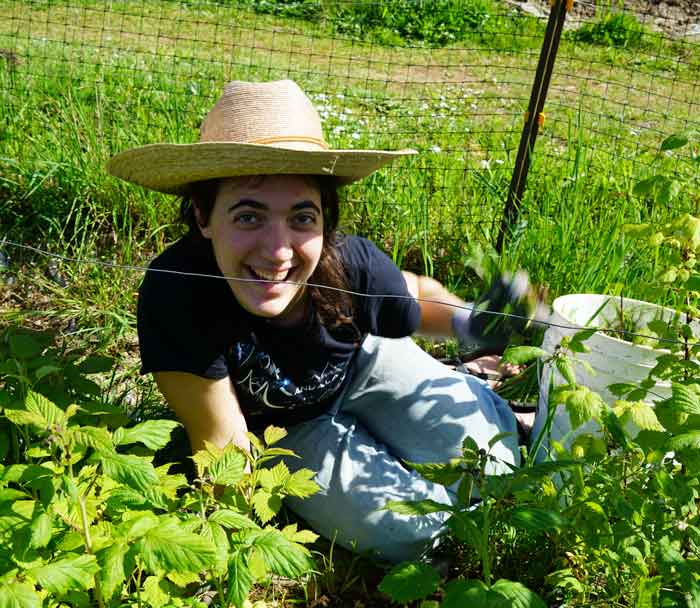
In the recent NVC & Mindfulness retreat at Great Vow, LaShelle gave us practices to directly notice/observe what it feels like to engage in a reactive strategy. Then how to remember the anchor of awareness and disrupt reactive patterns, bringing more space and freedom to a situation. It is from the anchor of presence, not our habitual reactivity that we can respond with compassion to others and to ourselves. As Chozen is fond of saying, awareness brings choice, choice brings freedom.
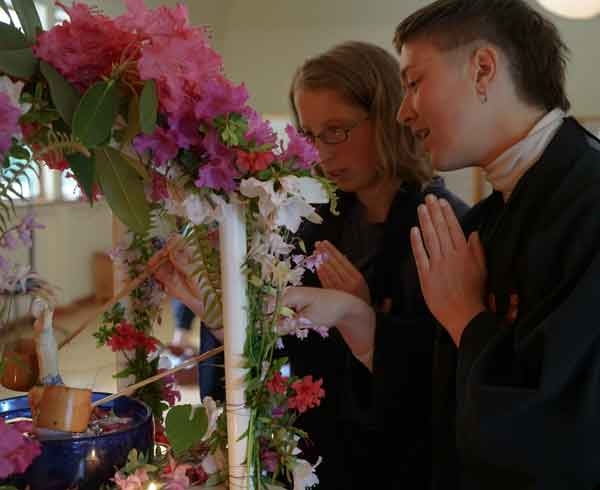
Like all transformational practices, NVC can bring us to the brink of our vulnerability. As we begin to rework old patterns of protection, even if they were harmful, it can be scary to let them go and try another strategy. Perhaps it means feeling the difficult emotion, pausing in the unknown, relinquishing control and being open to something new, allowing someone to be different from how we originally perceived them. How do we go forward when it feels like our sense of self and safety are at stake?
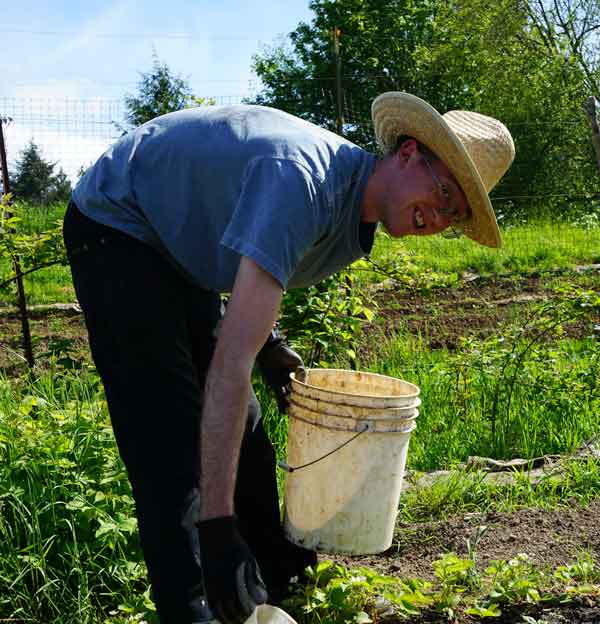
One of the phrases that LaShelle repeated during the retreat that really opened me up was, “I trust in the restorative capacity of relationships” which echoed something that Dharma Teacher Fuho said to me recently, “I have complete trust in the present moment.” Both point to the insight that transformation requires letting go into a greater knowing beyond one’s individual intellect, that messiness, awkwardness, disorientation are small fleeting concerns in the face of Compassion and that it’s OK, it’s always been OK and will continue to be OK. That we and all things are completely whole, and already broken.
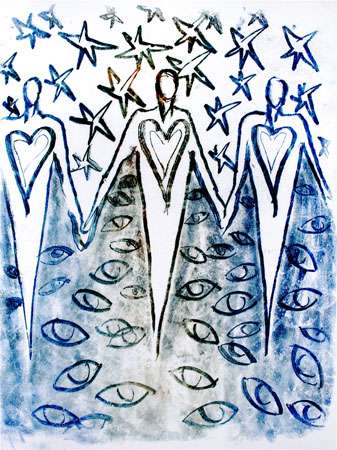
Artwork by Paulus Berensohn
